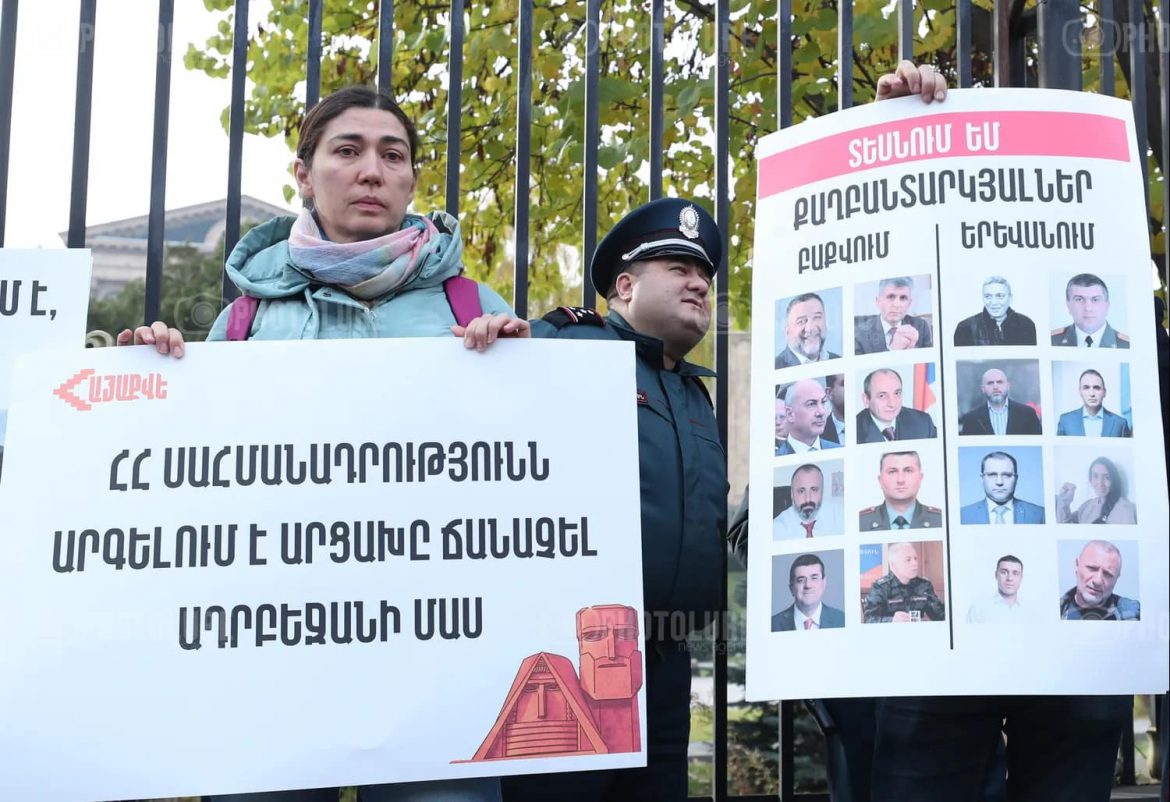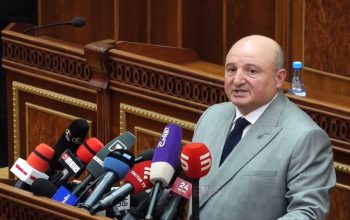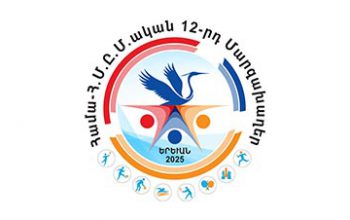YEREVAN—The Republic of Armenia’s National Assembly State Legal Committee, on December 4, 2023, decided to reject the “Hayakve” project. This project was initiated earlier in the summer by a coalition of Armenian public, cultural and political figures, aiming to criminalize the recognition of Artsakh as part of Azerbaijan. The initiative also sought to maintain consistent attention on the Artsakh issue and the Armenian Genocide within the national discourse.
The suggested modifications to the Criminal Code of the Republic of Armenia proposed the addition of two new articles. Article 1 proposed the incorporation of Articles 420.1 and 420.2 into the existing Criminal Code of Armenia. Article 420.1 states that “recognizing Artsakh as part of any other state on behalf of the Republic of Armenia is punishable by imprisonment for ten to fifteen years.” Article 420.2 pertains to penalties, including imprisonment for 10-15 years for refusal to recognize the Armenian Genocide or public denial, justification or belittling of the Armenian Genocide on behalf of the Republic of Armenia. Article 2 stated that this law would come into effect 10 days after its official publication.
The “Hayakve” movement gained significant traction, with approximately 58,000 citizens of the Republic of Armenia supporting the cause to uphold Artsakh’s Armenian identity. On November 24, project coordinators presented these amassed signatures to the National Assembly, seeking hearings on the matter. However, during the State Legal Committee session of the RA National Assembly, members of Parliament from the ruling party voted against the project, delaying further discussions for a period of two months.
Civil Contract MPs in favor of rejecting the proposed bill argued that the initiative does not align with the country’s interests. They characterized it as a populist measure, emotionally driven, unrelated to Armenia’s state interests and potentially provocative towards Azerbaijan, anticipating adverse consequences such as new aggression.
This decision sparked controversy, particularly as it occurred amidst ongoing tensions in the region. While some members of the ruling party have maintained conciliatory tones towards Azerbaijan, Armenia has continued to suffer casualties due to enemy fire.
At approximately 2:35 p.m. on December 4, the Azerbaijani Armed Forces opened fire towards an Armenian position in the Bardzruni region of the Vayots Dzor province. Gerasim Avetiki Arakelyan, a soldier serving in the Nth military unit of the RA Defense Force, suffered a fatal gunshot wound. The soldier was injured by an enemy sniper shot in the chest area and died in the hospital. Authorities have launched an immediate investigation to thoroughly unravel the circumstances surrounding this event.
Artsvik Minasian, a parliament member representing the opposition Hayastan alliance, has leveled accusations against the Civil Contract party. He alleged that the ruling party deceived Armenian voters who supported it in the June 2021 general elections, arguing that Civil Contract, in its election manifesto, committed to championing the right to self-determination for Artsakh Armenians.
Asked about the potential outcomes of passing the bill and its impact on Artsakh’s control, the former State Minister and Human Rights Ombudsman of Artsakh Artak Beglaryan expressed that its approval would signify Armenia’s acknowledgment and defense of the people of Artsakh’s right to self-determination. He emphasized that Armenia’s acceptance of this bill would set a significant precedent, indicating that no international entity would establish a higher standard than Armenia itself.
Amidst discussions surrounding the “Hayakve” bill, Tsolak Akopyan, a former vice-rector at Brusov State University in Armenia and member of the “Hayakve” initiative group, faced attempted detainment by authorities in Armenia on December 1. Facing accusations of academic misconduct and of allegedly substituting for an absent lecturer during exams, he was placed in administrative control after his defenders prevented his arrest. His detention, seen as politically motivated, comes amidst Akopyan’s affiliation with the initiative seeking to criminalize recognizing Artsakh as part of another state. His supporters have urged solidarity, calling for support from academia, former students, international human rights groups and the courts to address what they perceive as unjust persecution.
The rejection of the “Hayakve” project reflects a broader political landscape, where the government, accused of sidelining the Armenian Genocide issue and downplaying the Artsakh situation, appears reluctant to pass any legislation that might condemn anti-Armenian positions. This rejection aligns with the government’s strategy, seemingly prioritizing diplomatic relations over addressing historical and territorial grievances and the present humanitarian catastrophe facing the people of Artsakh.
Shant Charshafjian, who was living in Artsakh during the blockade and is the founder of the Lorik Humanitarian Fund, is currently spearheading the “Homes for Artsakh” initiative aimed at rebuilding Artsakh’s Armenian communities by providing homes and livelihoods, expressed his frustration in an interview with the Armenian Weekly.
Citing government announcements welcoming foreign nationals and an apparent growth in Armenia’s population, Charshafjian criticized the government’s failure to retain Artsakh residents. He said the government issues work visas to foreign nationals while neglecting to provide job opportunities for the Armenians of Artsakh.
Charshafjian emphasized that political motivations have caused issues even while planning seemingly innocuous events like puppet shows for kids in the Syunik province. He claimed that due to perceived political affiliations with the de facto regime, schools and their principals face hindrances in organizing activities, causing distress among children.
Charshafjian expressed grievances about the lack of support and aid for Artsakh residents. Challenges include integration into the workforce, bureaucratic hurdles and inadequate housing support, painting a grim picture of Artsakh residents’ plight.
Following his return to Armenia following a 10-month blockade in Artsakh, Charshafjian noted his frustration over the prevailing circumstances, denouncing the prioritization of increasing police presence over vital sectors like education and military development. He criticized the government’s response to the ongoing crises, particularly regarding the government’s silence and inaction on critical issues such as the lack of substantial efforts to secure the release of Armenian prisoners of war that continue to be held inhumanely in Baku.
Charshafjian highlighted the dire situation faced by Artsakh residents in Syunik, citing uncertainty over their future due to impending threats and government inaction. He questioned the leadership’s commitment to peace and its new “Crossroads of Peace” plan amid ongoing threats and the absence of concrete actions to protect Armenian citizens.
The interview concluded on a precarious note, with Charshafjian cautioning against the direction Armenia is heading under current leadership and the unaddressed challenges facing Artsakh residents.
By Hoory Minoyan, The Armenian Weekly
Hoory Minoyan was an active member of the Armenian community in Los Angeles until she moved to Armenia prior to the 44-day war. She graduated with a master’s in International Affairs from Boston University, where she was also the recipient of the William R. Keylor Travel Grant. The research and interviews she conducted while in Armenia later became the foundation of her Master’s thesis, “Shaping Identity Through Conflict: The Armenian Experience.” Hoory continues to follow her passion for research and writing by contributing to the Armenian Weekly.




